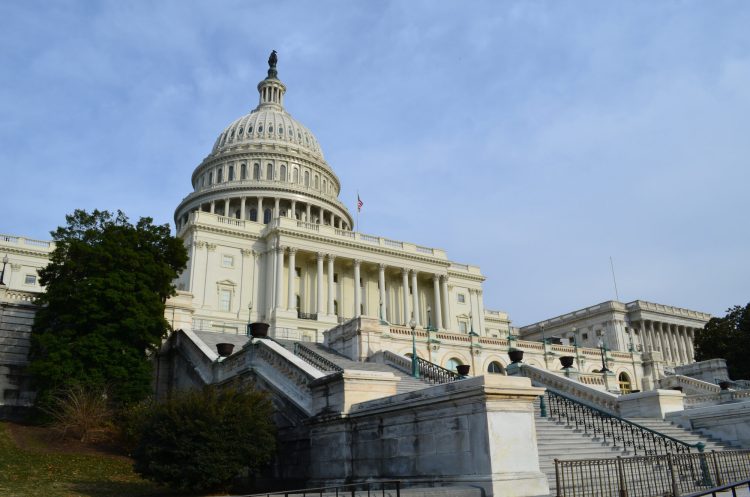This op-ed was written by Chase Hagaman, the New England regional director for The Concord Coalition, and Alex Talcott, a member of Concord’s New Hampshire advisory board. It appeared in the February issue of the Valley Patriot (page 20) in Massachusetts.
George Washington understood a key principle about public debt: It is a tool to be used when necessary, but not to the detriment of future generations.
Unfortunately, the United States has significantly strayed from this principle.
In his Farewell Address, Washington said: “As a very important source of strength and security, cherish public credit. One method of preserving it is to use it as sparingly as possible . . . not ungenerously throwing upon posterity the burden which we ourselves ought to bear.”
Since the start of this century, there has been an immense increase in the national debt. Key factors included expansion of health care programs, tax cuts, military conflicts, the Great Recession, and an aging population with millions of Baby Boomers leaving the workforce.
The debt is now at its highest level, relative to the size of our economy, since World War II. Federal deficits — the difference between government spending and tax revenue each year — are rapidly growing. The Fiscal 2017 deficit totaled $666 billion, and in the very near future we could return to $1 trillion deficits. This time, however, such large deficits are projected absent an economic crisis; no Great Recession to blame.
George Washington declared that elected leaders should carefully manage the nation’s debt, and that the public should support efforts to use the debt wisely and then pay it off. The founding father also emphasized that after crises or conflicts that might require a debt buildup, there should be a “vigorous exertion” to pay it down.
Everyday Americans often express alarm over the country’s high debt. And polling by a variety of organizations often reveals the understanding that our current fiscal trajectory is not a sustainable one. Perhaps it is time to put that concern into action, and encourage elected officials to start making the tough choices that are necessary.
Congress has ignored Washington’s advice for years, often relying on budget gimmicks, overly rosy economic growth projections, deficit spending and the postponement of essential reforms.
Lawmakers find ways to work around mechanisms like budget caps and “pay as you go” policies that were intended to keep the federal budget on a sustainable path.
One of federal lawmakers’ fundamental charges is to put together and approve 12 appropriations bills each year to fund the government. This process has repeatedly broken down, leading to fiscal cliffs, stopgap measures, threatened or actual government shutdowns, and omnibus bills—large, rushed spending packages that often receive too little scrutiny and rarely establish solid, long-term priorities.
When the budget process broke down in 2017, lawmakers again relied on stopgap measures that looked only weeks or months ahead, as they were preoccupied with political expediency and the need for a “legislative win” in the form of a lopsided tax code overhaul.
Our first president would likely decry efforts to reduce tax revenue in the face of mounting debt – one of the likely results of the new tax law. In fact, we can take Washington’s word for it. He noted that “towards the payment of debts there must be revenue; that to have revenue there must be taxes; that no taxes can be devised which are not more or less inconvenient and unpleasant.”
Instead of making matters worse, this Congress might leverage what has been a steadily growing economy to enact needed reforms to chart a more responsible course on the debt and engage in long-term planning on necessary government programs like Social Security and Medicare.
Real reform would entail tough choices that bear generational ramifications in mind, simplifying and making the tax code more efficient in at least a revenue-neutral manner, managing per capita and long-term costs in health care and retirement security, working to reduce budget deficits, and stabilizing the national debt.
George Washington and more than a few of his successors helped build up a Yankee Doodle nation to a global leader. Members of Congress should now be about leading and leaving a responsible legacy; otherwise, perhaps they should just consider leaving.
Continue Reading

